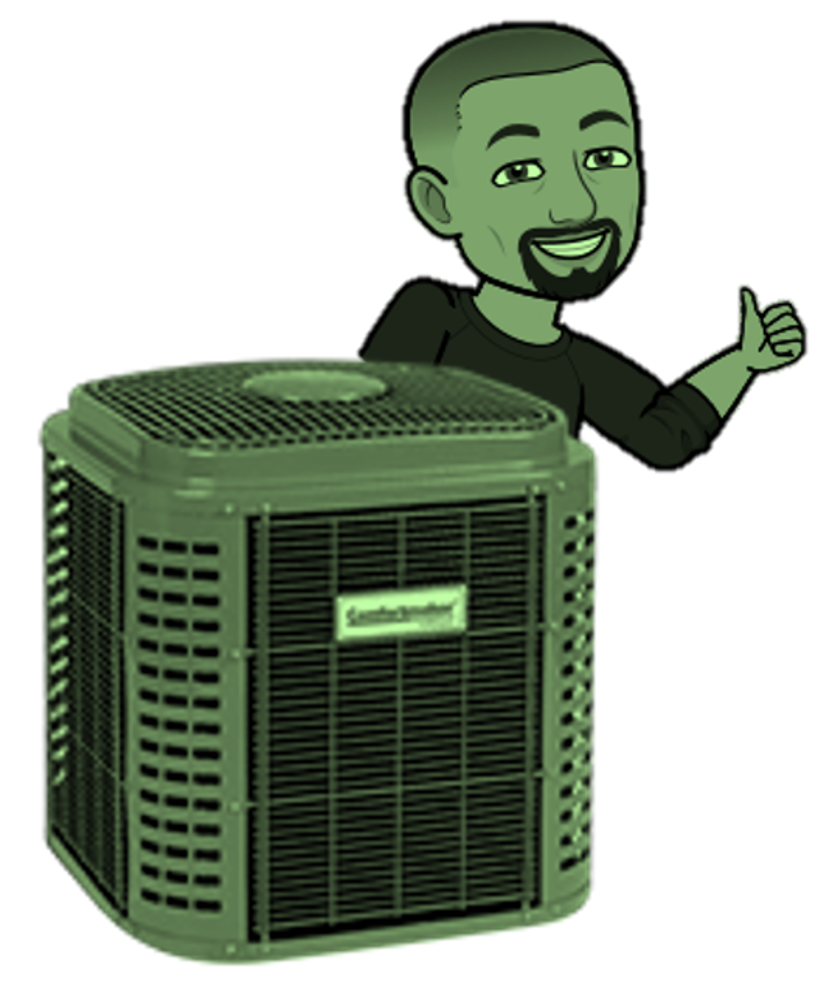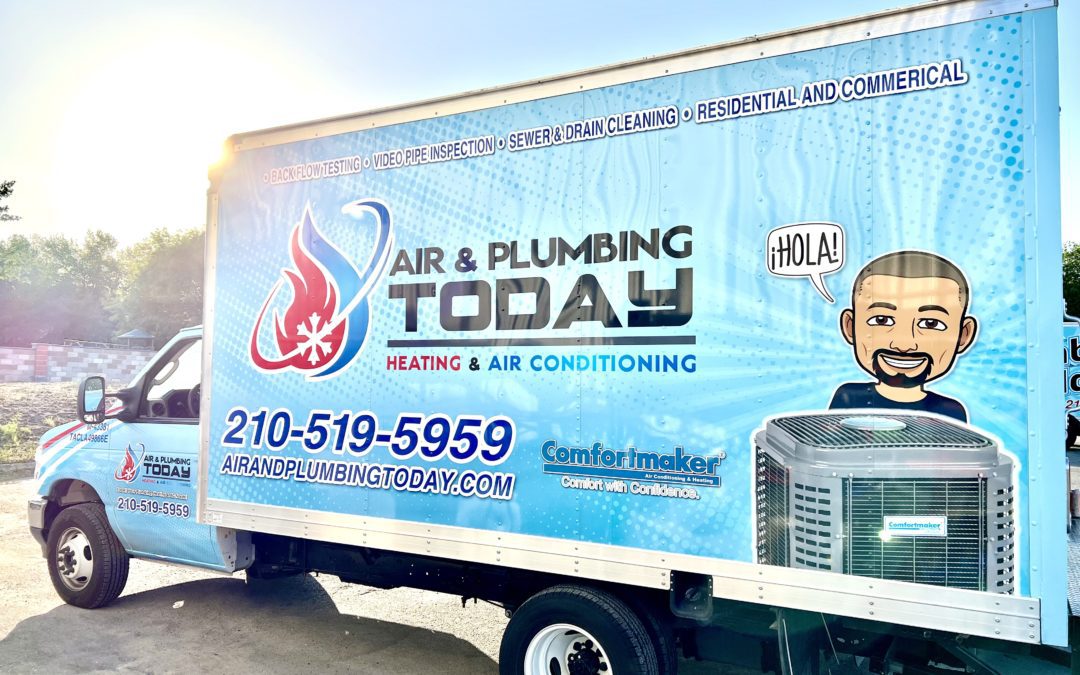How to Tell If I Need a New Air Conditioner soon? How Long Do AC Units Last?
How to Tell if I’ll Need a New Air Conditioner Soon? How Long Do AC Units Last in San Antonio?
How Can I Tell I’ll Need a New Air Conditioner Soon?
Let’s talk about both central air conditioner units and mini-split ductless AC units since both are popular in the south Texas region. We’ll also talk about how your AC system could possibly be “dead” yet still running! First, let’s talk about average system lifespans.
How Many Years Can Traditional Central Air Conditioners Last?
Ducted central air conditioners continue to be the most durable and the most commonly installed AC unit type in San Antonio Texas. However, everybody dreads having to replace their central air conditioning system. Central air conditioners can usually last from 20 to 25 years. It’s not unusual to find a 25-year old central air conditioner from brands like Goodman, Trane, Carrier, Comfortmaker and other brands.
Over the last 25 years, compressor technology has advanced significantly. As a result, a newer central air conditioning unit has a much higher energy efficiency (as indicated by the system’s SEER rating) and can reduce the amount of electricity used to cool your home. Ask anyone who has installed a new AC unit and they’ll tell you that they see the difference on their electric bills immediately. You can save quite a lot of electricity by replacing an old central air conditioning system with a newer air conditioning or heat pump unit that has a compressor engineered with the newest energy-saving technology.
How Many Years Can a Mini Split Air Conditioner Last?
Mini-split ductless air conditioning or heat pump units usually have a 20-year lifespan along with having with a high SEER rating and affordable price for high capacity makes them an ideal option for new installations, especially where there isn’t any attic space for ducting.
Mini-split heat pumps and air conditioners last anywhere from 15 to 20 years on average. The engineering behind mini-split AC units is very advanced nowadays, and very high-quality materials are used to prolong the lifespan of mini-split air conditioning units quite a bit.
How Much Will You Be Using Your AC Unit? This also affects how many years your AC unit can last! Here in San Antonio and South Texas, we use our AC systems 24/7.
Every professional HVAC technician will agree that an air conditioner in Texas will last less than the one installed up north Living in hot climates like San Antonio Texas, your air conditioner will have to work extra hard to keep the indoor air cool 24/7 in most seasons except winter.
In San Antonio Texas, Our AC units will run at near 100% capacity at least six months every year. In 10 years, such a unit will have run for 60 months at near 100% capacity.
On the other hand, if you live in a northern state – let’s say, Ohio – your air conditioner will pick up less mileage in the same time frame. An air conditioner in Ohio will run at about 70% power for 3 months every year. In 10 years, it will have run for 30 months at 70% power.
The chances are that an air conditioner in Ohio will last five years longer than the same one in San Antonio Texas.
Another thing to consider is the correct sizing of the air conditioning system. There is a good reason why it makes more sense to buy an HVAC unit that is a bit more powerful than what you need. If the AC unit is too small for your hoome, you’ll have two problems:
Your indoor air might not reach a cool enough temperature. You’ll will have to run the AC unit too hard at 100% capacity for long periods of time. This will effectively reduce the number of years your AC system will deliver the specified BTU cooling capacity.
If you buy an AC unit that’s sized perfectly, it will last longer. It won’t have to deliver 100% all the time. That will help your HVAC system last longer. So correctly sizing your AC Unit is very important in the long run.
AC Unit longevity also depends on whether or not you perform regular maintenance.
As with all climate control systems, scheduling regular maintenance of your air conditioner will help it last much longer. You should schedule it at least every couple of years. A good HVAC technician usually checks the proper airflow, compressor health and cleans the coils on both inside and outside units. Spotting problems early always helps to prevent system breakdowns and reduces costs.
If you have an old AC system, it should be checked more frequently. This will, however, also drive up your overall costs. That’s why eventually replacing an existing system becomes financially more viable than keep repairing the older system, not to mention your electric bills while running an older Air Conditioning system.
One of the most common problems with older air conditioning systems is the unit not cooling, not coming on, making noises, freezing up, or needing to recharge your AC system with freon which now costs a ton of money because freon isn’t cheap.
How Can I Tell If I Need a NEW Air Conditioning System Replacement?
Older air conditioners don’t usually die all at once. They keep limping along, kind of like a zombie. But instead of eating your flesh, they eat your wallet, in the form of repairs and higher electric bills because older units can’t cool your home at 70-80% capacity anymore. Older units need to run at 100% capacity and for much longer periods of time to achieve the temperature you entered in to your thermostat. In San antonio, during the peak of 100 degree summer, a 3,000 square foot, two story home with two older AC units can easily see $500+ monthly electric bills. These “zombie AC units” can eat your cash fast!
The most obvious reason for replacing an older “zombie” air conditioning unit is a financial one. If your AC keeps breaking down and you have to keep calling for service, you will quickly realize it makes much more sense to get a new replacement AC system.
Here are two signs that you have an old “zombie” AC unit:
1) Higher than average electric bill. Old, “zombie” AC units are less energy-efficient. That means they will drain more energy to achieve your desired indoor air temperature. If you start seeing a 20% bump in your electricity bill for cooling during the summer, the No. 1 cause of that is a ‘dead’ AC unit.
2) Higher than usual indoor humidity. One of the first signs of a dead (but still running) air conditioning unit is it’s inability to control the humidity of your home. A well-running AC unit lowers indoor humidity. But when a AC unit gets older, this is usually the first function to go. Your indoor air will be heavier, musty and you’ll have the telltale odors of higher humidity – especially if you have pets or smokers in your home.
Don’t let a “zombie” AC unit munch on your wallet all summer long! Call Air & Plumbing Today to check if you’ve got an old AC system that you suspect needs to be replaced. It’s much cheaper and much less of a headache to plan ahead for a system replacement before it fails completely. You’ll have more time to see your options and compare prices without having to rush just to get cool air flowing again. Call 210-519-5959 or text us at 210-716-2200 for a free estimate on a new central air conditioning or ductless mini-split unit today!

Our Offices
3615 Tavern Oaks San Antonio TX 78247
2009 FM 620 N Lakeway, TX 78734
Call or Text Us
Email Us
Hours
24/7 EMERGENCY SERVICE
(A live person always answers)
Our Offices
3615 Tavern Oaks San Antonio TX 78247
2009 FM 620 N Lakeway, TX 78734
Call or Text Us
Email Us
Hours
24/7 EMERGENCY SERVICE
(A live person always answers)

